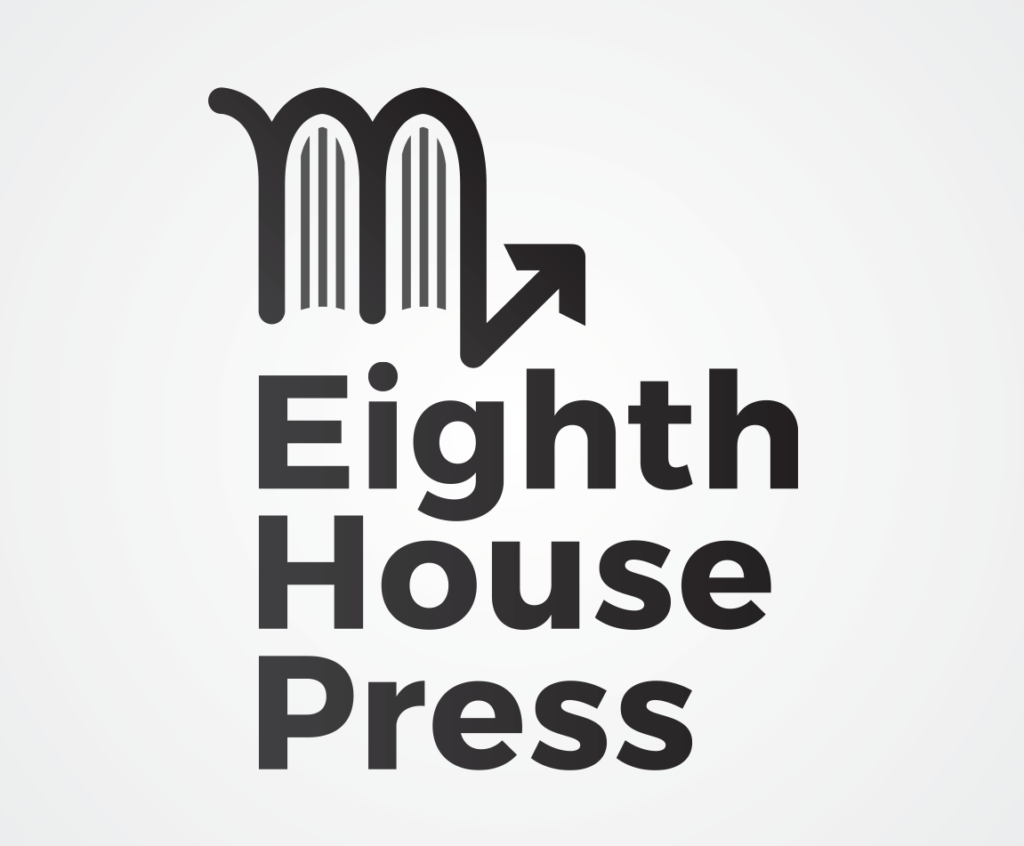
By now, you all know that I LOVE a good story opening, a good hook, a good mystery. You may be wondering how to write a compelling opening in your next novel. Today, I’ve got some tips from Writer’s Digest to help you.
Check out this Writer’s Digest article on ten ways to start your story strong:
The entire course of a story or novel, like an avalanche, is largely defined within its first seconds.
Writer’s Digest
As we’ve talked about before, you’ve got to hook the reader, make them want to keep reading:
An opening line should have a distinctive voice, a point of view, a rudimentary plot, and some hint of characterization. By the end of the first paragraph, we should also know the setting and conflict, unless there is a particular reason to withhold this information.
Jacob Appel
Here are 10 ways to do just that:
- Build momentum.
You don’t need to write a complex or elaborate opening line or lines. Simplicity will do just fine. Writer’s Digest notes the following opening line of Flannery O’Connor’s A Good Man Is Hard to Find: “The grandmother didn’t want to go to Florida.” This line tells you that there is only one grandmother, and initiates the mystery of why she didn’t want to go to Florida. The basic plot involves conflict over a journey. The opening line is not static and sets the stage for building momentum over the entire story.
2. Resist the urge to start too early.
For example, don’t start the book with a character waking up or with the weather at the beginning of the day. It is more compelling to begin at the first moment of large-scale conflict, e.g. “The grandmother didn’t want to go to Florida.”
3. Small hooks catch more fish than big ones.
Complicated or overly dramatic hooks can disappoint the reader if the narrative doesn’t live up to the hype. If you begin with the most dramatic moment, you have nowhere to go but downhill. Use a smaller hook and build up the drama and conflict.
4. Open at a distance and close in.
Most readers prefer to be grounded in context, then to focus in on the more nuanced elements. For example, a novel can start with a gunfight, then later explain why the parties were fighting.
5. Avoid getting ahead of your reader.
One of the easiest pitfalls in starting a story is to begin with an opening line that is confusing upon first reading, but that makes perfect sense once the reader learns additional information later in the story.
The opening lines should make sense both with and without any additional information. They should not confuse the reader. It is perfectly fine that the opening line take on additional meaning once additional information is learned by the reader.
6. Start with a minor mystery.
Presenting the reader with a puzzle can be effective, especially if the narrator himself or herself is puzzled. This has the instant effect of making the reader and narrator both partners in crime, drawing the reader into the story.
7. Keep talk to a minimum.
If you feel compelled to begin a story with dialogue, keep in mind that you’re thrusting your readers directly into a maelstrom in which it’s easy to lose them. One possible way around this is to begin with a single line of dialogue and then to draw back and to offer additional context before proceeding with the rest of the conversation—a rare instance in which starting close up and then providing a panorama sometimes works. But long sequences of dialogue at the outset of a story usually prove difficult to follow.
Writer’s Digest
8. Be mindful of what works.
Read the opening lines of award-winning novels to see how the best authors have done it.
9. When in doubt, test several options.
Run your opening by several people, readers, authors, etc., to see which works best to captivate. You can always rework the opening after you’ve completed the novel.
10. Revisit the beginning once you reach the end.
Sometimes you’re just not sure how the book will turn out until it’s done. At that time, feel free to go back and rework the beginning.
Indeed, how many times have you read the opening lines of a book, only to feel compelled to finish it in one sitting? And how many times have you started a book, only to lose interest because there is too much description at the outset, or because the author takes forever to set the scene? Keep these things in mind when you’re writing!
The Writer’s Digest article leaves you with this tidbit:
My own personal favorite opening is the first line of Elizabeth Graver’s story “The Body Shop,” which appears in The Best American Short Stories 1991. It begins: “My mother had me sort the eyes.” I dare you not to go out and read what comes next.
The above line is short and sweet. You don’t need much to craft an intriguing opening. Let’s hear about the best opening lines you’ve ever read!
Get helpful writing tips and more
in your inbox
Join the tribe and get free fiction and self-publishing tips.
Thank you for subscribing.
Something went wrong.

Be First to Comment